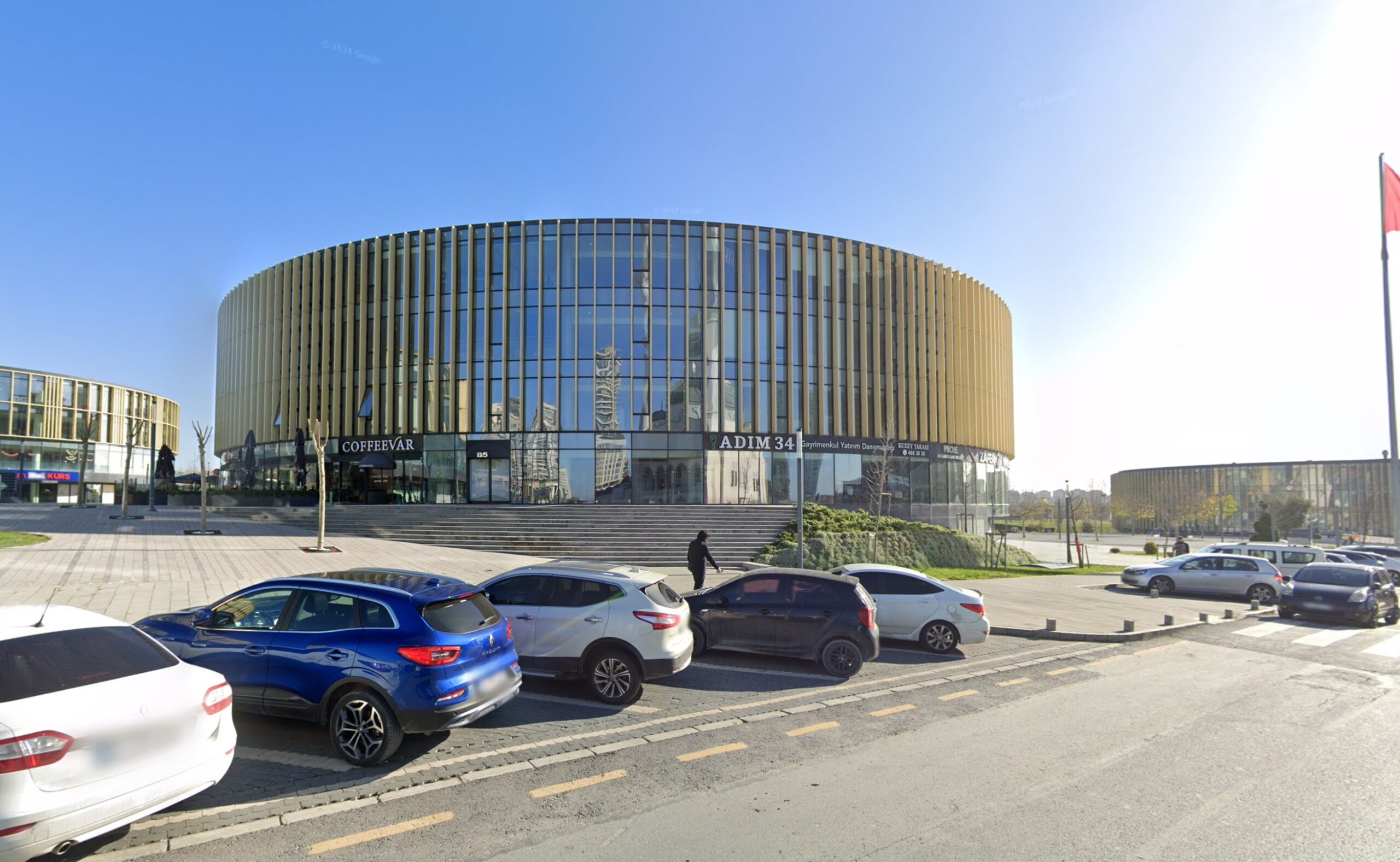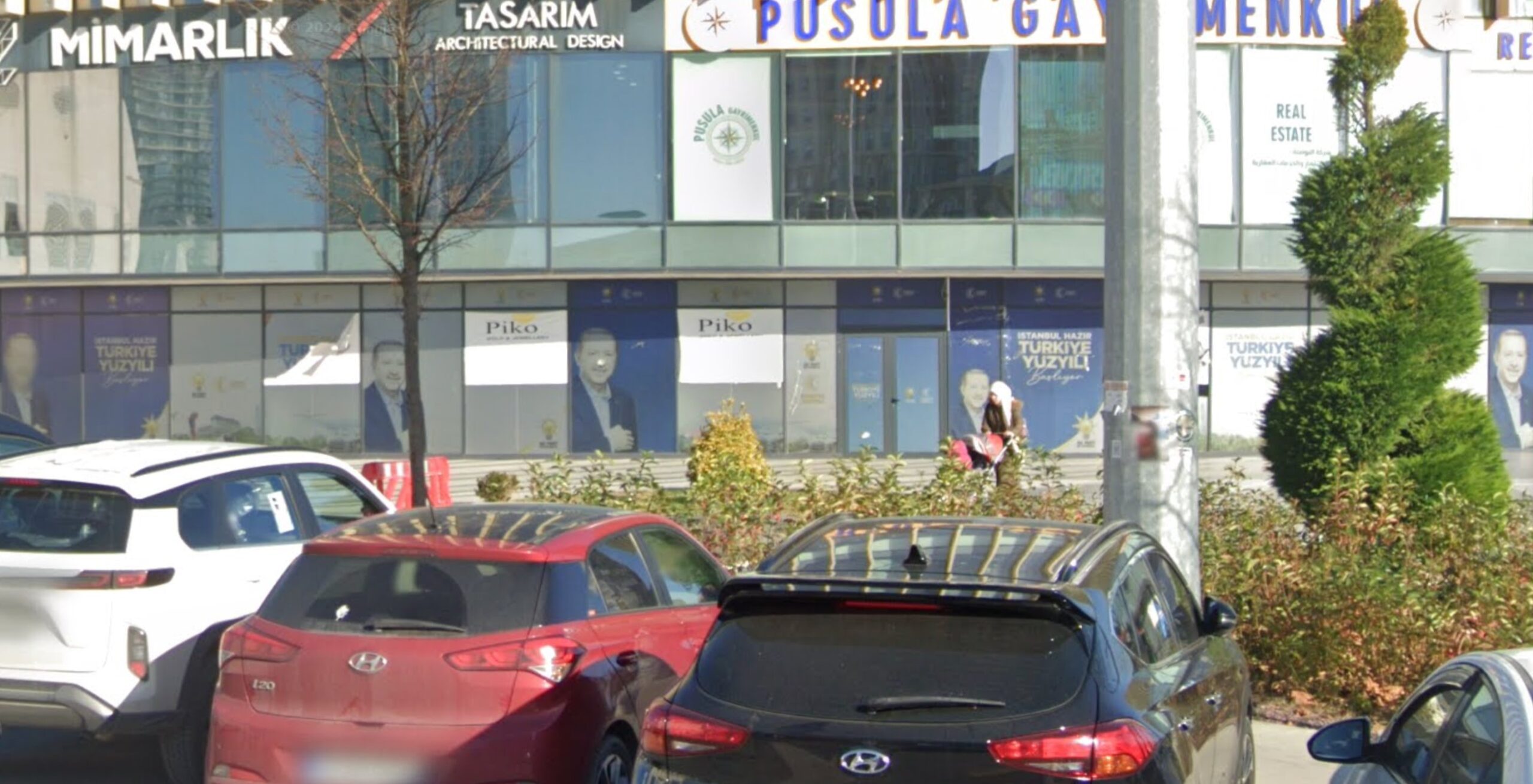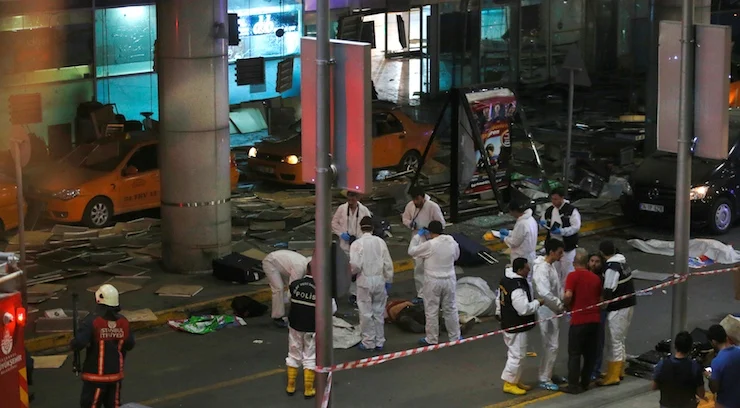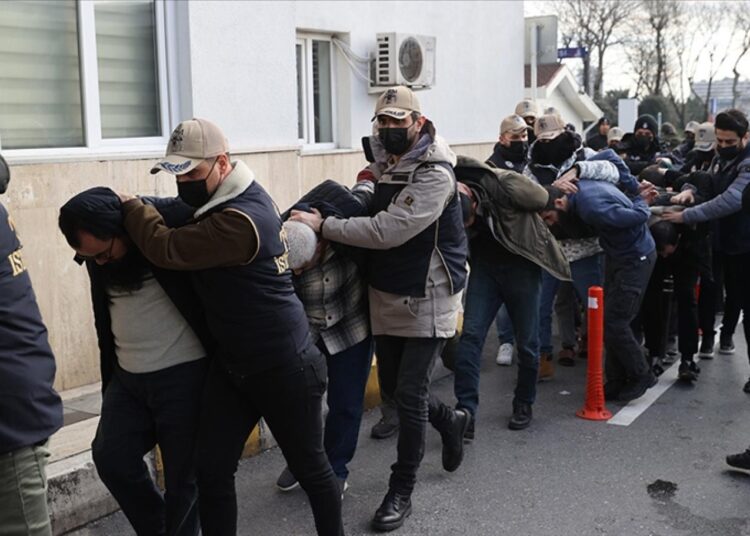Levent Kenez/Stockholm
A new wave of the release of individuals accused of financing and supporting the Islamic State in Iraq and Syria (ISIS) in Turkey has sparked significant controversy. The Turkish police as well as the judiciary system, under the strict control of President Recep Tayyip Erdogan’s government, have detained and subsequently arrested many ISIS suspects, but few have been convicted, leading to the eventual release of most. Recent reports in Turkish media suggest that the latest releases may be linked to demands made by and negotiations with Hay’at Tahrir al-Sham (HTS), a group that comprises former al-Qaeda and ISIS fighters, which played a significant role in the overthrow of Bashar al-Assad in Syria.
In a high-profile trial involving 19 defendants, 18 have been released pending trial, while the remaining detainee has applied for Turkish citizenship and posted a $500,000 bond, Turkish media reported on Monday. Under Turkey’s citizenship by investment program, individuals who purchase at least $500,000 in government bonds, with the condition of holding them for a minimum of three years, are also eligible for Turkish citizenship. Nordic Monitor previously reported that an indictment submitted to the court by the Istanbul Chief Public Prosecutor’s Office in April 2024 marked a turning point for detainee Imad Machnouk, a 46-year-old Syrian national listed as a suspect in a terrorism financing case, who was apprehended alongside 18 other individuals. According to information received by Nordic Monitor from a confidential informant, Machnouk had settled in Turkey, was registered as a refugee, was granted residency and acquired a national ID number (99205533826). This enabled him to set up companies, open bank accounts, conduct business with Turkish government agencies and access public services.
A total of 19 defendants in this ISIS financing case were accused of operating a network that funneled large sums of money from Raqqa, in Syria, to Turkey and then back to ISIS-controlled territories in Syria. According to the indictment, which was accepted in June 2023, the suspects used six front companies in the tourism and jewelry sectors to facilitate illegal money transfers. These companies reportedly moved over 1 billion Turkish lira between 2017 and 2023, relying heavily on the hawala system, an informal and unregulated method of transferring money. Despite these serious allegations, 18 of the 19 defendants were released last week due to insufficient evidence.
The remaining detainee, Machnouk, faces charges of membership in an armed terrorist organization and violating the Law on the Prevention of Terrorism Financing. He is also accused of overseeing these financial operations and managing multiple businesses that served as fronts for financial activities to benefit ISIS. Prosecutors requested a prison sentence of up to 42 years for Machnouk. Documents presented in court also revealed that Machnouk had applied for Turkish citizenship and submitted a $500,000 bond as part of the process. His trial is scheduled for February 2025. However, it would not be surprising if Machnouk were to be released and his trial continued while he remains free.
The indictment provides detailed accounts of the financial network’s operations. One of the key players identified is Abu Alaa, also known as Abd-al-Hamid Hadid, a Syrian ISIS operative who allegedly transferred $600,000 to Turkey in 20 transactions over a single month in early 2023. The funds were reportedly moved through the company Piko Exchange, which was tied to Machnouk and flagged in reports by Turkey’s Financial Crimes Investigation Board (MASAK). MASAK’s findings indicate that billions of lira have been funneled through Machnouk’s companies since 2017, with large portions untraceable due to the use of hawala methods.

The businesses involved in the scheme include entities in the real estate, tourism and jewelry sectors, which are commonly used for money laundering and informal currency exchange. One company, Piko Kuyumculuk, a jewelry firm in Istanbul’s Esenyurt district, was highlighted as a key hub for these financial operations. Despite the scale and gravity of the allegations, Turkish authorities’ actions against these networks came only after international pressure, particularly from the Financial Action Task Force (FATF), a global money laundering and terrorist financing watchdog, which placed Turkey on its “grey list” for deficiencies in combating money laundering and terrorism financing.
Machnouk’s role as a financier extends beyond his business activities. He reportedly maintained close ties with key ISIS figures and used his position to facilitate the movement of funds and resources. Confidential documents, including a flash drive obtained during a prior arrest, revealed detailed records of ISIS’s financial strategies and highlighted the importance of shell companies in their operations. These records also illustrated concerns within ISIS about increased surveillance and arrests tied to money transfer locations.
The pattern of releasing suspects in high-profile ISIS cases is not new in Turkey. In many instances, individuals accused of serious crimes related to terrorism have been freed due to an alleged “lack of evidence” or procedural delays. Some convicted individuals have also had their sentences overturned on appeal. Observers suggest that these outcomes reflect broader issues within the judicial system, including political interference and a lack of rigorous investigation processes.
Meanwhile, Machnouk’s case has drawn attention for other reasons. Court documents reveal that his businesses were used as campaign offices for President Recep Tayyip Erdogan during the 2023 elections. This connection has fueled speculation about the government’s willingness to fully prosecute cases involving individuals with ties to powerful networks. For example, Al Jawad, one of the companies implicated in the indictment, operated openly in Istanbul and facilitated significant financial activities linked to ISIS without intervention for years.
Trade registry data for Al Jawad Gayrimenkul İnşaat Gida ve Ticaret Limited Şirketi:
Despite these revelations, Turkey managed to secure its removal from the FATF’s grey list in June 2024. However, the recent releases of ISIS-linked suspects have reignited concerns about the sincerity of these efforts. Critics argue that the moves were more about appeasing international bodies than genuinely addressing the problem of terrorism financing.
This development follows a similar decision last week in another case where suspects linked to the deadly Atatürk Airport attack were also freed. On December 12, six of the seven individuals convicted for their involvement in the June 28, 2016, Istanbul Atatürk Airport bombing were released following a ruling by Turkey’s Court of Cassation. The bombing, carried out by three ISIS militants, resulted in the deaths of 45 people and injuries to 236 others.
An ISIS financier established a travel and tourism agency, Piko Turizm Limited Şirketi, in 2016:
Initially, the Istanbul 13th Heavy Penal Court sentenced six of the accused to aggravated life imprisonment on charges of “violating the constitution” and “premeditated murder” in 2018. A seventh defendant received a 12-year prison sentence for “membership in a terrorist organization.” The court’s decision reflected the scale and severity of the attack, which targeted one of the country’s busiest airports.

However, in a controversial ruling, the 3rd Criminal Chamber of the Court of Cassation determined that the sentences were excessive. The court stated that the justification for imposing the maximum penalty lacked sufficient grounds and called for a “fairer and more proportionate” sentence. As a result, six of the seven defendants were released from detention on December 12, pending further legal proceedings.
On December 19, pro-Kurdish Peoples’ Equality and Democracy Party lawmaker Gülistan Kılıç Koçyiğit raised a concern regarding the release of six defendants involved in airport bombing, connecting the court verdict to Turkish Intelligence chief Ibrahim Kalın’s visit to Damascus, where it is alleged that the matter of these releases was discussed during his meeting with Ahmad al-Sharaa, the leader of Hay’at Tahrir al-Sham (HTS) on December 12.

President Erdogan has previously secured the release of imprisoned members of the Turkish Hizbullah in exchange for political support. Since 2014, he has formed an alliance with Hizbullah’s political arm, the Free Cause Party (HÜDA-PAR) in national and local elections, though the deal has remained discreet, without public acknowledgment, official documentation or nominations on AKP tickets. In return for HÜDA-PAR’s backing, Erdogan facilitated the release of all convicted Hizbullah terrorists, including notorious killers serving life sentences for the murder of 91 people in Turkey during the 1990s and early 2000s. Most recently, in the 2023 general elections, HÜDA-PAR entered parliament with five deputies under the Erdogan’s ruling pary’s list.












